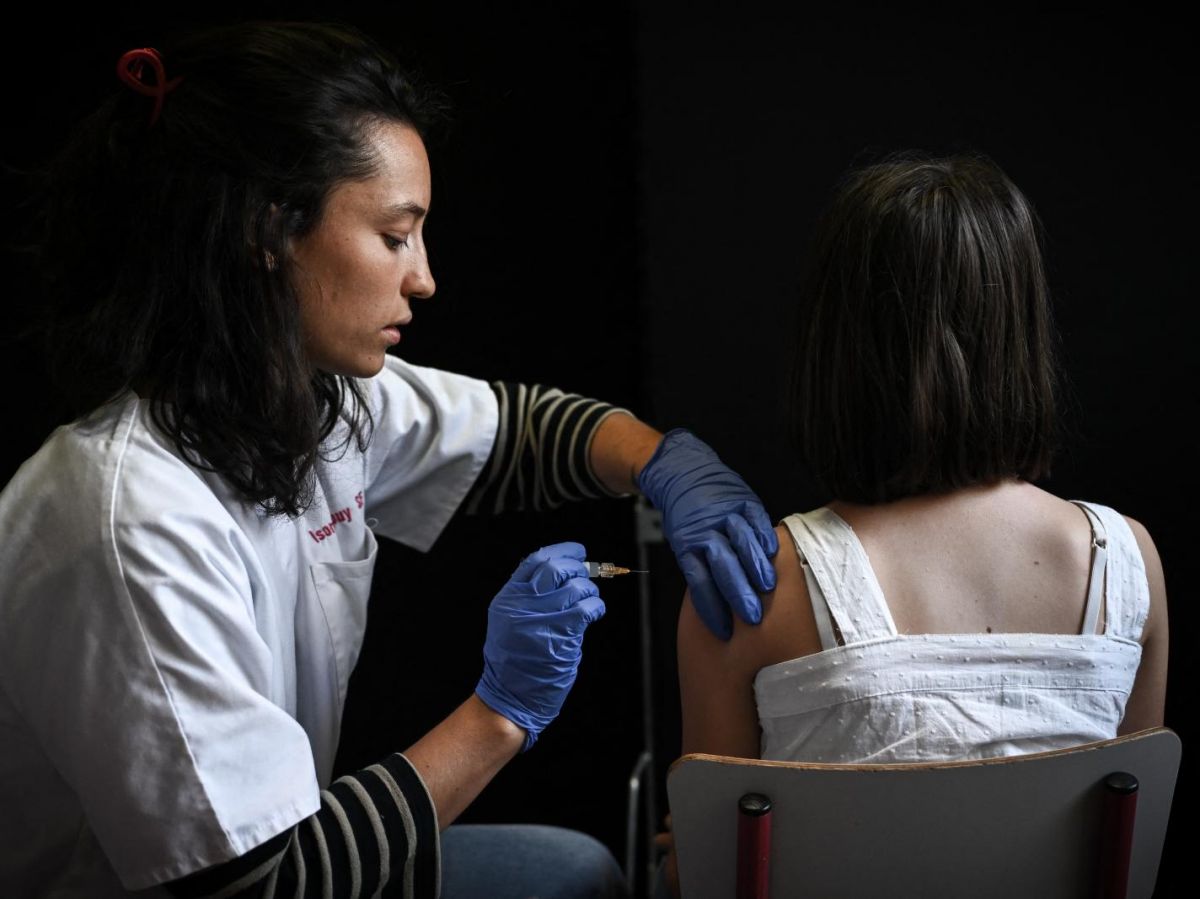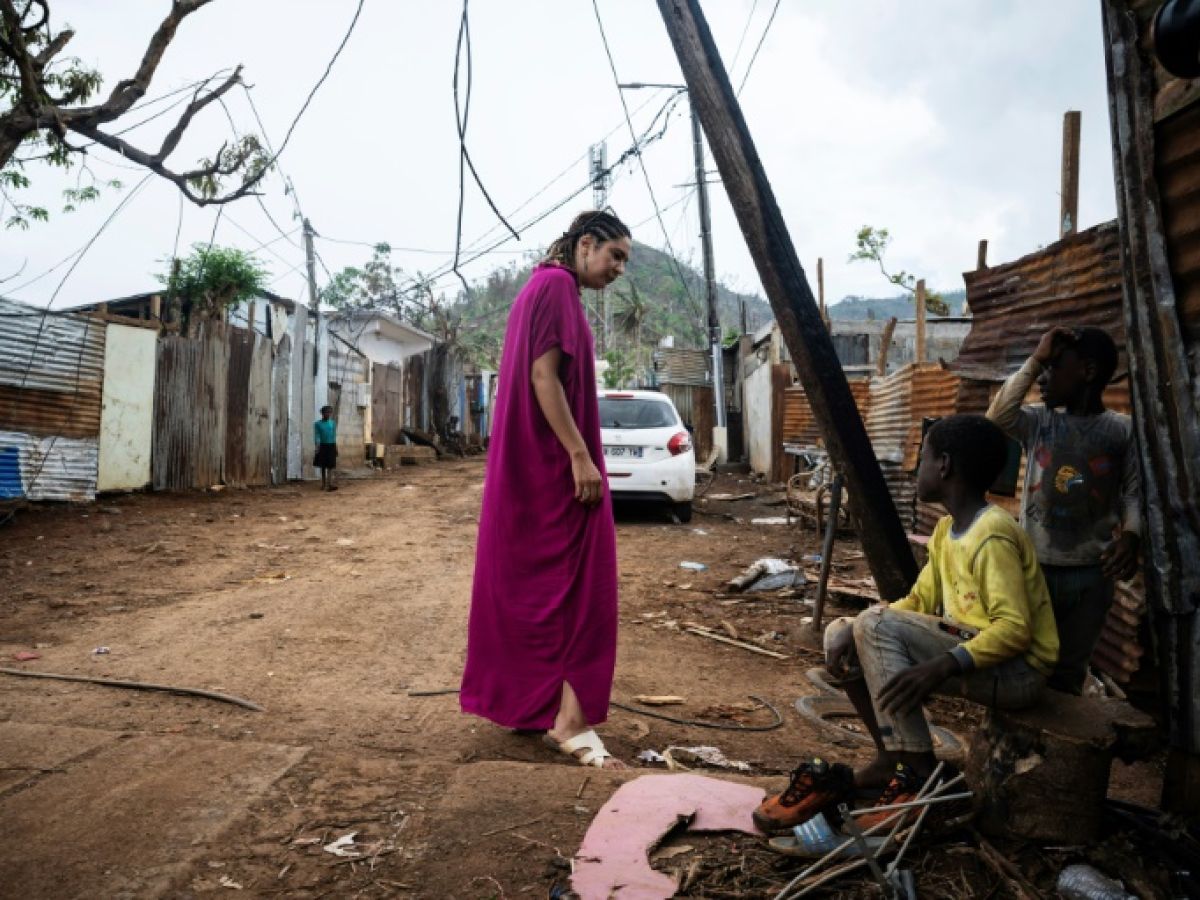"Almost all women between the ages of 15 and 25 catch HPV (abbreviated HPV, read the box below, editor's note)" , warns Doctor Jean-Luc Mergui during the 48th congress of the French Society of Colposcopy and Cervico-Vaginal Pathology (SFCPCV), on January 11, 2024. However, "In one year, 50% of cases will have disappeared and in two years, 90% of women will have gotten rid of their HPV naturally". Thus, only 10% women will have a risk of developing cervical cancer as a result of a lesion caused by a papillomavirus. The HPV vaccine precisely prevents chronic HPV infection, which exposes women to the risk of developing cancer.
Issue : "Today there are 2 million unvaccinated people aged 20-26," specifies Dr. Julia Maruani, Vice-President of the SFCPCV. However, in order for its effectiveness to be optimal, the HPV vaccine must normally be administered between the ages of 11 and 14, particularly in young girls, but also in boys since January 1, 2021.
In fact, according to a Swedish study published in The New England Journal of Medicine In 2020, if the HPV vaccine is given before the age of 17, it reduces the risk of invasive cervical cancer by 88%. However, even if it is given after this age, it still reduces the risk of developing this cancer by 53%.
What is papillomavirus?
THE human papillomavirus (or HPV) are sexually transmitted viruses that can infect the skin and mucous membranes. According to the Ministry of Health and Prevention, in 10% cases of papillomavirus infection, it persists and can cause lesions, particularly in the cervix, which can develop into cancer.
Read also: Papillomavirus: the first HPV vaccination campaign among middle school students looks disappointing
“Give everyone a chance”
Thus, according to Dr. Julia Maruani, the reasons for the delay in vaccination coverage in France are multiple: parents opposed to their children being vaccinated, a lack of knowledge about papillomaviruses or even the Covid-19 period from 2020 to 2021, which led to a drop in the vaccination rate.
This raises the question of extending the vaccine catch-up period, particularly among young women, in order to "give everyone a chance", according to the doctor. Today, girls can still get vaccinated between the ages of 15 and 19. However, for men who have sex with other men, it is possible to catch up on the vaccine injection up to the age of 26.
“Reducing inequalities”
Julia Maruani supports the idea of extending vaccination up to the age of 26 for all young people, and more specifically young women, "would make it possible to no longer differentiate individuals according to gender or sexuality and to reduce inequalities". Furthermore, although the vaccine is more effective if administered between the ages of 11 and 14, or before the first sexual intercourse, it remains a good protector even after the age of 20. High Authority of Health should therefore, in April 2025, decide on the extension of catch-up vaccination up to the age of 26 for women and men, regardless of their sexuality.
There is still a long way to go before all young French people are vaccinated against the papillomavirus: in fact, according to the Ministry of Health, in 2023, only 41.5% of girls and 8.5% of boys were. This is why school campaigns, particularly in middle schools, have been implemented since the start of the 2023 school year. The objective is that, by 2030, 80% of young people will be protected against HPV.


